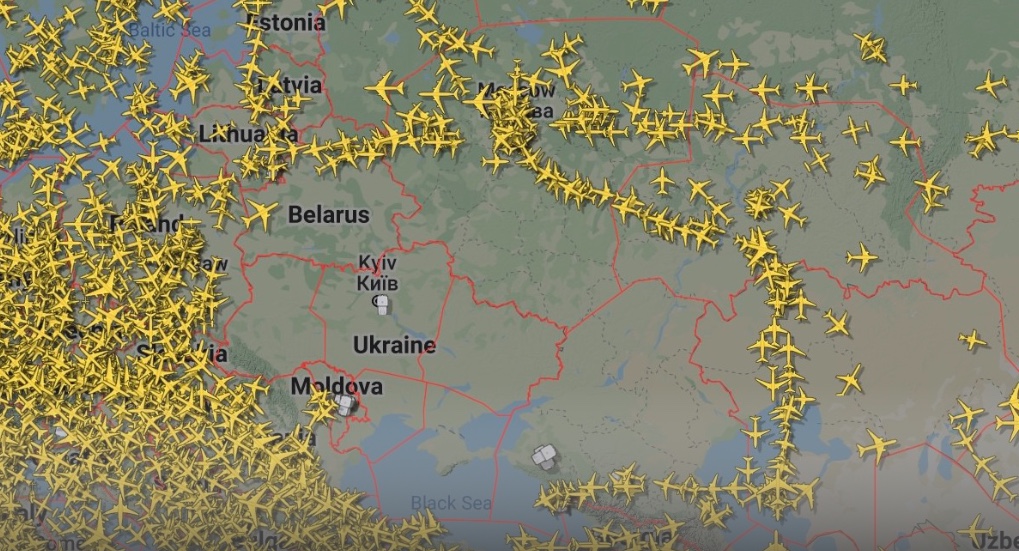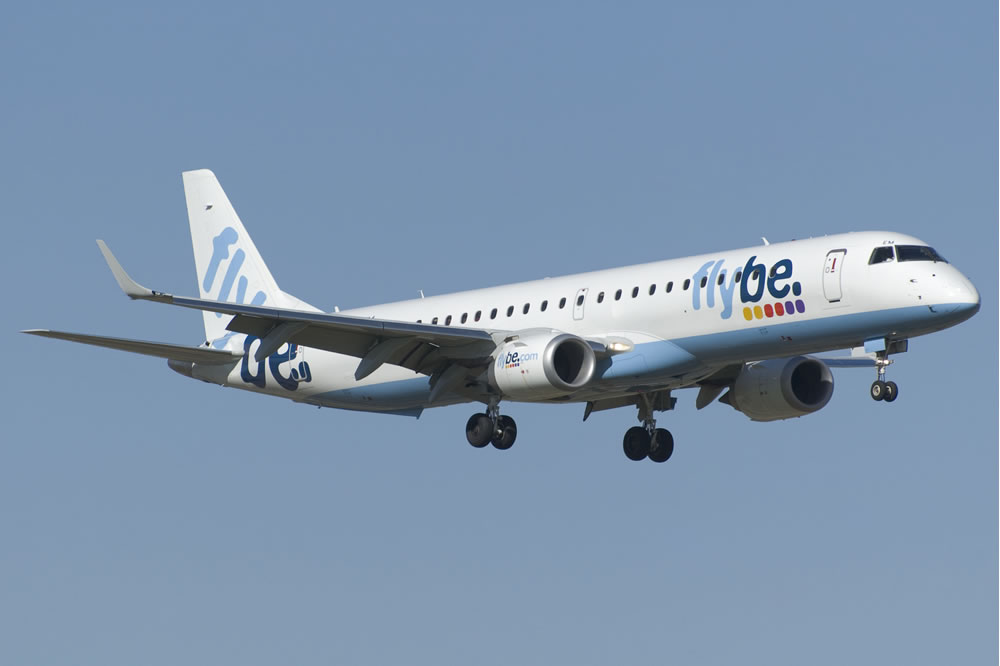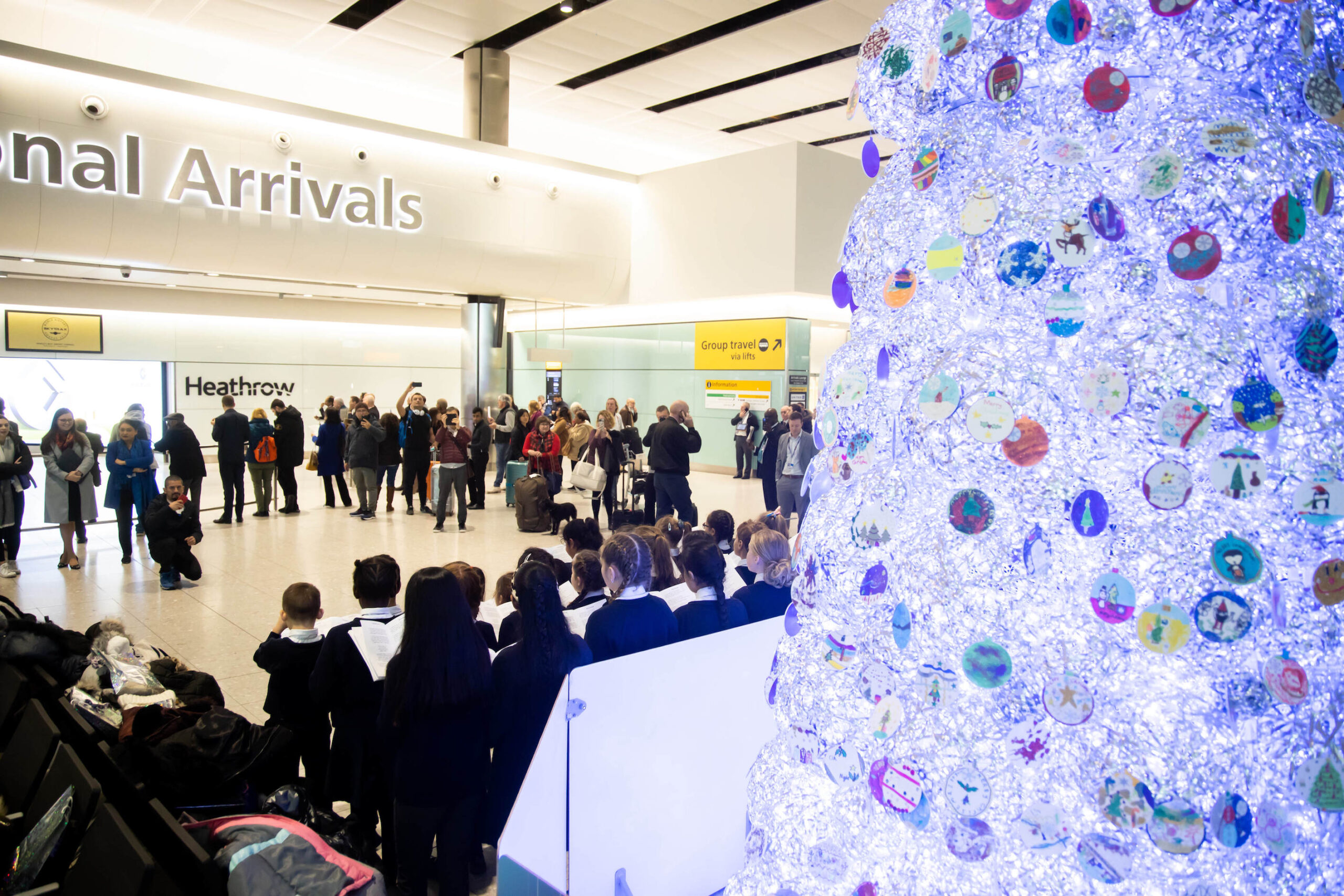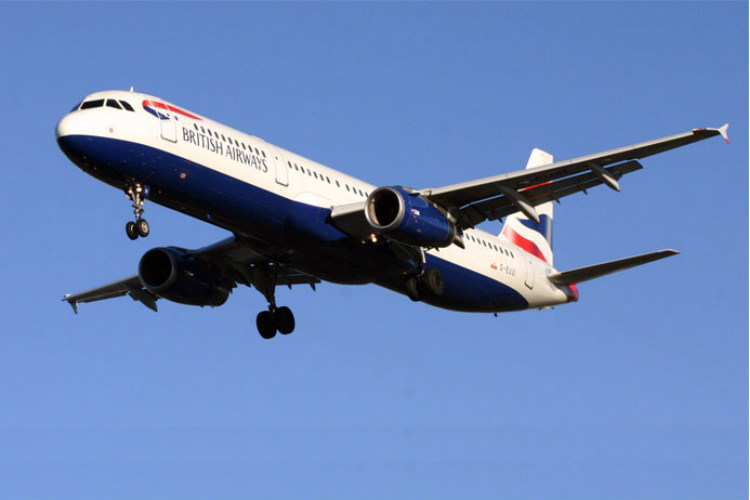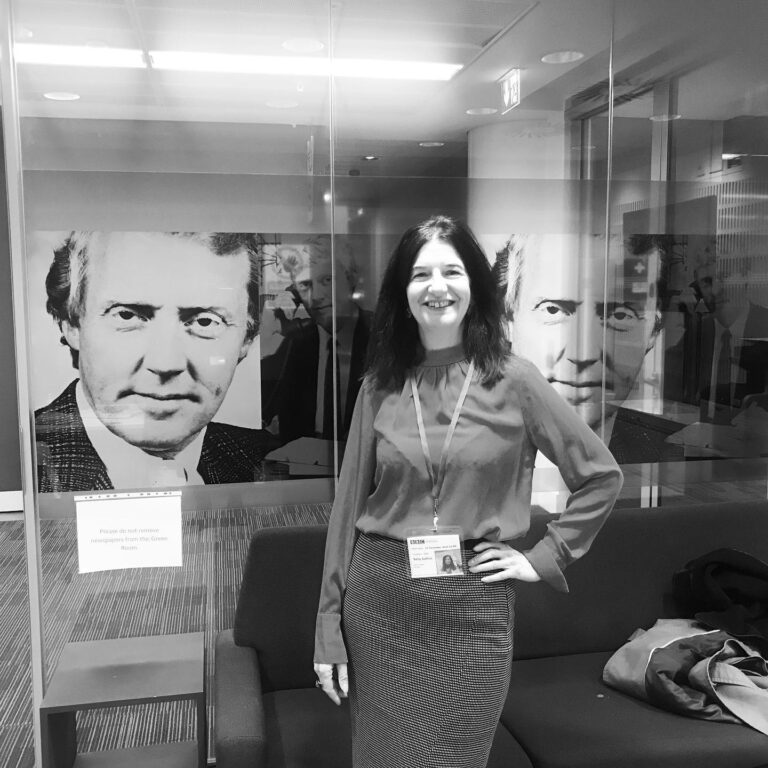Within the space of a week the entire political landscape in Europe has shifted, drawing in the aviation industry into its wake.
Following the invasion of Ukraine by Russia on 24 February, the UK announced a ban on Aeroflot and all Russian airlines (S7 and Ural airlines), rolling this out to operators of all Russian owned aircraft. Overnight Russia retaliated banning all UK airlines from its airspace and landing at any Russian airports. This was later mirrored by the EU banning Russian aircraft operators from European airspace, and vice versa.
No direct flights to Russia
Firstly, there are no direct nonstop flights between Europe including the UK and Russia. British Airways had a three times weekly service to Moscow, which has since ceased. Aeroflot operated a daily flight to Heathrow.
All airlines from the UK and western Europe both outbound and inbound to Asia now have to circumvent Russian airspace, adding a minimum 15 minutes up to an hour to flight times.
British Airways said, ‘We have suspended our flights to Moscow and also the use of Russian airspace, following the confirmation of Russian government restrictions.
We apologise for the inconvenience but this is clearly a matter beyond our control. We are notifying customers on cancelled services and are offering a full refund. We will continue to monitor the situation closely.’
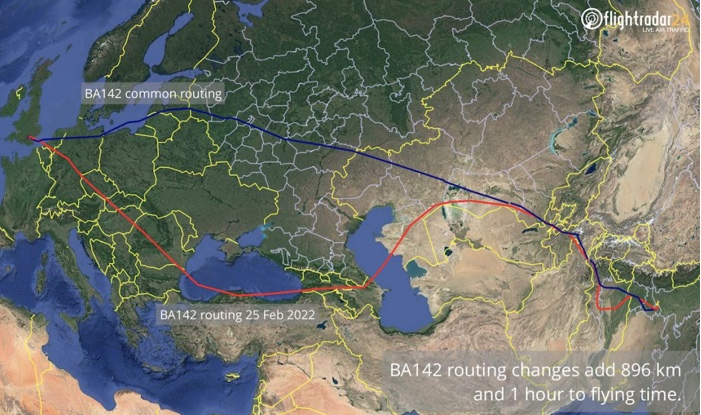
A Virgin Atlantic spokesperson said: ‘On Thursday evening we took the decision to start avoiding Russian airspace and our flight paths will continue to be adjusted for some Virgin Atlantic passenger services between the UK, Pakistan and India. We apologise for any inconvenience caused to customers by slightly longer flight times.
‘The safety and security of our customers and people always comes first and we’re monitoring the situation in Ukraine and Russia extremely carefully following the escalation of conflict, continuing to operate in full compliance with relevant safety regulators, authorities and governments.’
Delays to flight times
‘Four passenger routes we currently serve typically overfly Russia – flights between London Heathrow and Islamabad, Lahore, Delhi and services between Manchester and Islamabad. Avoiding Russian airspace will result in slightly longer flight times by 15-60 minutes, depending on the route. As ever, our airport, cabin crew and customer teams will support customers with any connecting flights.’
The closure of airspace has also expanded to include Moldova and Belarus. Ukraine airspace closed to commercial flights some weeks ago. And indeed since a Malaysian B777 airliner was downed in 2014 in Donetsk (Ukraine), with the loss of 283 souls onboard, neither Virgin Atlantic nor British Airways has overflown Ukrainian airspace as a precaution.
Virgin Atlantic added, ‘Virgin Atlantic has not overflown Ukraine since 2014, going above and beyond official guidance, which is supplemented by our own risk assessments. This has included adjustments to our flight planning since December to further increase distance from the Ukraine-Russia border.’
There was a further incident to aircraft and passenger safety when a Ryanair flight was hijacked last year by Belarus military aircraft and forced to divert from its routing Athens to Lithuania – to Minsk in Belarus, and two passengers forced to disembark – a journalist and his partner. This was an unprecedented incident – an ambush on a commercial airliner, and further destabilised the region for air travel.
Cost of air fares
Even before the Russian invasion, the cost of jet fuel had spiralled upwards, due to diminishing supply of oil to the west. That now will increase pressures on jet fuel, driving the cost even higher. Fuel is the single highest unit operating cost of any airline. Any increase to jet fuel prices will be passed on to airline customers – the passengers.
In addition, longer flight times will also impact air fares, as more fuel is consumed per flight.
Covid has wreaked havoc on international air travel. Many airlines were subsidised by their governments but many were not. In the UK, there were no subsidies or state aid as a dedicated support package to the aviation and travel industry. Consequently many airlines incurred massive losses which they have to recoup. BA for example lost £1.9bn in 2021 alone. Airports too have haemorrhaged incomes. The net result points to higher air fares as well as disruption due to airspace closures to commercial traffic.
In the UK, the CAA has also permitted Heathrow to increase the passenger charge by 50 percent. This charge is applied to airlines but is passed on to passengers. The previous charge which Heathrow could charge airlines per passenger was set at £19.60. This was raised on 1st January to £30.19 per passenger. This falls short of the amount requested by Heathrow which asked for the increase to fall between £32 and £43. This temporary measure will be revised again mid year, and then kept consistent for five years.
BA suffered IT outage
British Airways suddenly suffered an IT outage the day after the invasion, which some attributed to a cyber attack. But BA was quick to assure that this was a systems failure and nothing else. However, it brought flights to a standstill at Heathrow, Gatwick and London City, as well as causing the airline’s app and website to crash. Even though the problem was addressed, shorthaul flights were still badly affected for another 24 hours.
‘We know we have let our customers down and we will do everything we can to make this up to them – but for now our focus is on getting as many customers and flights away as we can.’
Outlook is uncertain
The outlook for travel against the political backdrop in eastern Europe is much less certain than a week ago. Even with the industry struggling with recovery from Covid.
Airlines and aviation is a safety first industry with the priority on safe passage for air transport. Airlines will be required and will proactively implement all necessary measures to comply with regulatory guidance and instruction, to keep passengers safe in the air.
The cost to air fares and passengers pockets’ will gradually take effect. But that is nothing to the impacts faced by those on the ground in the war zone itself. The air travel industry may have to brace for economic impact, but it is as nothing compared to the impact of the conflict in humanitarian terms.
